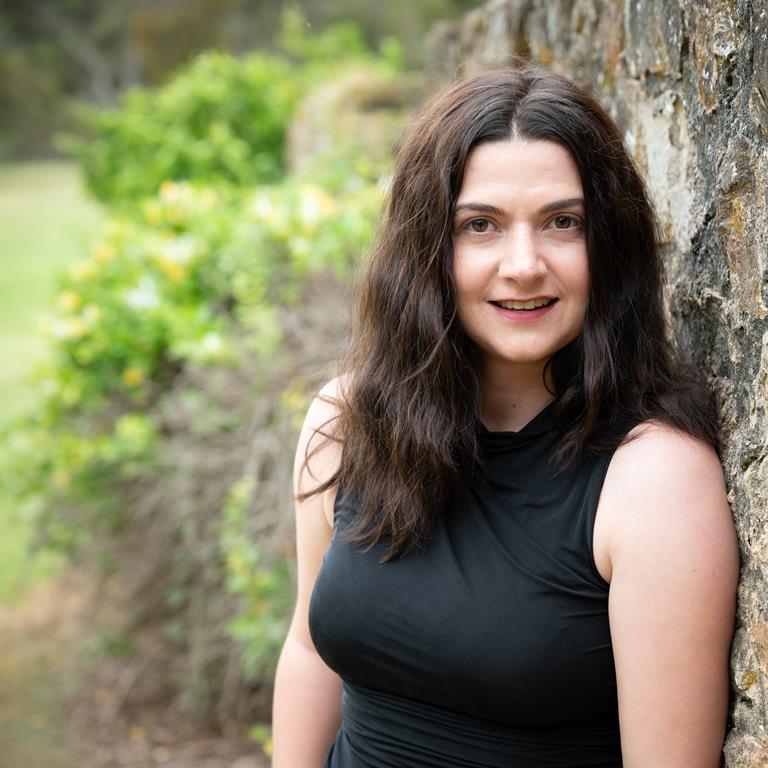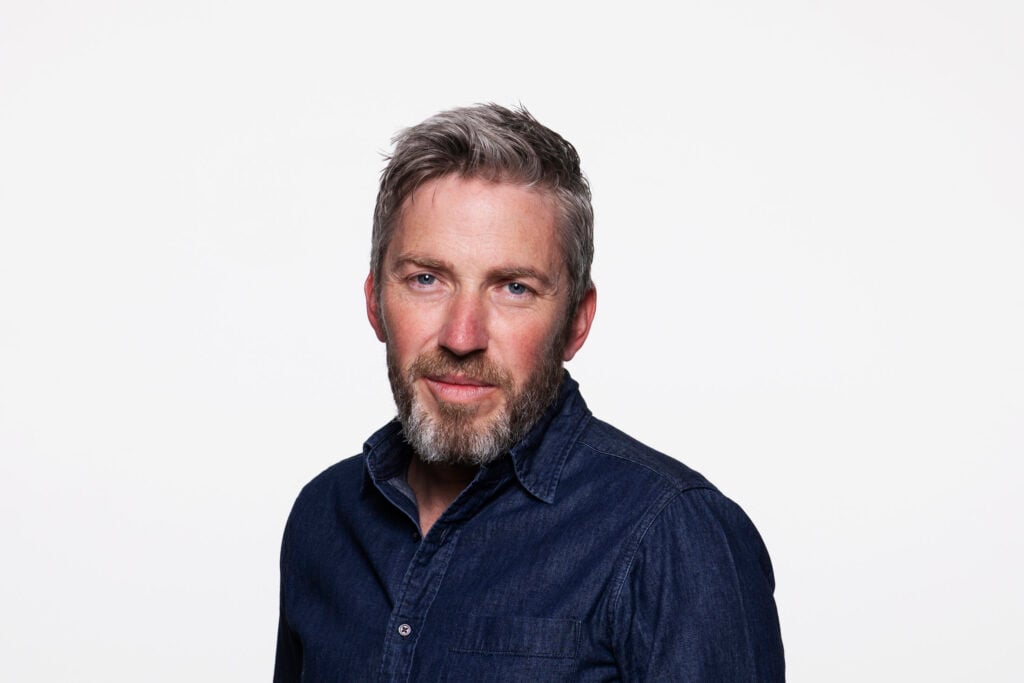What sparked your fascination with the intersection of psychology and marine science? Was there a moment or experience that led you to want to explore people’s relationships with the ocean?
Honestly, it was a bit of a roundabout journey. When I was in primary school, I wanted to be a marine biologist because I was always interested in the ocean. But by the time I got to high school, I realised biology wasn’t really my strong suit and instead I started studying psychology and fell in love with the science of human behaviour.
I went on to do an honours degree in psychology, and in my third year, I was introduced to conservation psychology. That subject really opened my eyes to the connection between people and the environment. I ended up doing my honours project in environmental/conservation psychology, and when the opportunity to pursue a PhD came up, I saw a chance to explore something I was always fascinated by: fear of sharks.
Since then, I’ve continued researching in the marine social science and environmental psychology space, looking at how people relate to the ocean in all sorts of interesting ways.
Much of your work examines people’s fear of sharks and the media’s role in perpetuating this fear. What has been the most surprising finding from your research, and how do you think we can shift public perception?
There have been so many interesting findings, but I think the most surprising was just how frequently sharks are mentioned in the news. I did a large media analysis looking at how sharks were portrayed in Australian news throughout 2016 and found that only 49 days that year didn’t feature a shark-related story! That really highlighted how present sharks are in the media, and often not in a positive or balanced way.
Shifting public perception is a tricky one, and I don’t think there’s a single clear answer yet. But I do think it starts with less sensationalised and more scientifically nuanced media reporting. Helping people better understand shark behaviour and sharing that knowledge in accessible ways is also key. The more informed people are, the less room there is for exaggerated fear to take hold.
How did your time as a student shape the way you approach research today? Were there particular turning points in your education that steered you toward this unique niche?
My psychology degree really shaped the way I approach research, especially when it comes to studying human behaviour and using mixed-method approaches. That’s basically become my “bread and butter” now! Learning how to design studies that explore people’s thoughts, feelings, and actions in a rigorous way has been a huge part of my foundation.
As for getting into the environmental psychology niche, that really came about when I chose an environmental psychology topic for my honours project. That decision opened up a whole new world of research possibilities, that before then I didn’t know existed, and ultimately led me down the path I’m on today.
Have you had a particularly memorable moment from your fieldwork or research that reinforced why this work matters to you personally?
A recent one really stands out. I’ve been exploring the wellbeing impacts of the South Australian algal bloom that’s currently unfolding. I’ve done some initial research and have also been involved in a few community events. At those events, I’ve had conversations with people about how deeply the bloom is affecting them, not just because of the environmental impact, but because of their strong emotional connection to the ocean.
Hearing people talk about how important beach access is for their mental wellbeing really cemented for me just how intertwined people’s lives are with the ocean. It was a powerful reminder of why this kind of research matters, and why we need to keep exploring the human-ocean relationship in more depth.
Have you noticed any significant demographic or cultural differences in how people perceive sharks and engage with the marine environment? Have you found that these factors influence people’s relationships with marine life and conservation?
This is something I’m continually exploring in my research. One interesting finding in my research is that surfers, who spend more time in the ocean than most, tend to hold less fear of sharks. That makes sense given their familiarity with the marine environment. On the other hand, research has shown that there isn’t a significant difference in shark perceptions between people who live near the coast and those who don’t, which was a bit surprising.
When it comes to people’s broader relationship with the ocean, there’s still a lot of work to be done to understand what influences that connection. A recent finding I’ve come across is that people who feel more connected to the ocean are not only more likely to engage in conservation efforts, but also more likely to experience eco-anxiety when the ocean is negatively impacted, like in the current South Australian algal bloom situation. It’s not surprising, but it does highlight an important dynamic: we want people to feel connected to the ocean, but we also need to support them emotionally when that connection is challenged.
You’re passionate about supporting women in STEM. Who have been the mentors or role models that shaped your own journey in science?
A key mentor for me has been Associate Professor Carla Litchfield. She supervised my honours and PhD, and continues to be a colleague and academic mentor. Her guidance has been incredibly influential throughout my journey as a women in science so far.
More recently, I’ve been lucky enough to have Dr. Vanessa Pirotta as a mentor through the Australian Science and Technology Superstar of STEM program. Even in a short time, I’ve already learnt so much from Vanessa, her passion, communication skills, and approach to science have been really inspiring. Both these incredible women are also mums – as a mum of a toddler myself, seeing mums excel in both their personal and professional life is really inspiring.
What’s one thing about yourself that might surprise people who only know you through your professional work?
That I spend a lot of time scrolling realestate.com and going to random open houses, not because I am in the market to purchase a house but because I just love real estate!
Can you tell us about a book, documentary, or piece of media that has influenced your thinking about the human-ocean relationship that you would recommend to others?
It’s hard to pinpoint just one, but I’d say the Ocean Film Festival in general has had a big impact. It’s a touring festival that showcases a range of independent ocean documentaries, and they’re always incredibly inspiring. They really highlight the human element and the power of storytelling in shaping our connection to the ocean.
How do you see the field of environmental psychology developing over the next decade, particularly in relation to climate change and ocean conservation?
I see environmental psychology becoming increasingly recognised as a vital part of the climate change and ocean literacy conversation. Understanding human behaviour, how to influence it, and how it interacts with the environment and other species, is essential for tackling these complex, ‘wicked problems.’
I hope we’ll see more opportunities for environmental psychology researchers, not just in terms of funding, but also through meaningful collaborations on broader ocean science projects. The human dimension is often overlooked, but it’s critical if we want to create lasting, impactful change.
What would you say to a young woman in 2025 who is considering a career in the sciences but isn’t sure if she “fits the mold” of a traditional scientist?
Know that science is such a broad field. It’s not all microscopes and lab coats! If that’s not your thing but you’re a curious person who loves figuring things out, there’s absolutely a place for you in science.
Also, take a moment to reflect on why you feel like you don’t “fit the mold.” Is it because science genuinely isn’t your thing, or is it because you’ve been made to feel like it can’t be your thing? (I know I used to sit in the latter camp!)


